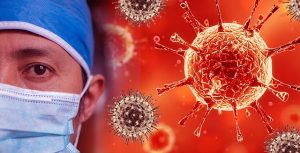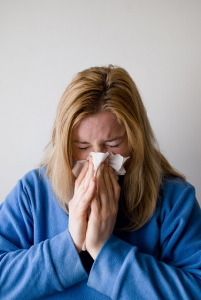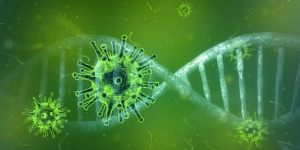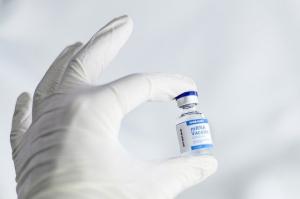Deficient selenium status is associated with an increased risk of COVID-19 as well as with greater risk of chronic inflammatory diseases and viral infections. However, the biological mechanisms by which selenium deficiency might cause weakened immune function and elevated inflammation are not clearly identified as yet [Golin 2023].

The coronavirus 2, known as SARS-CoV-2, causes COVID-19 illness. COVID-19 is an illness that has infected millions of individuals since late 2019. Acute respiratory syndrome and pro-inflammatory cytokine storms are manifested in the worst of COVID-19 cases. The severity of COVID-19 illness is associated with several factors: age, health status, sex, and selenium deficiency [Golin 2023].




